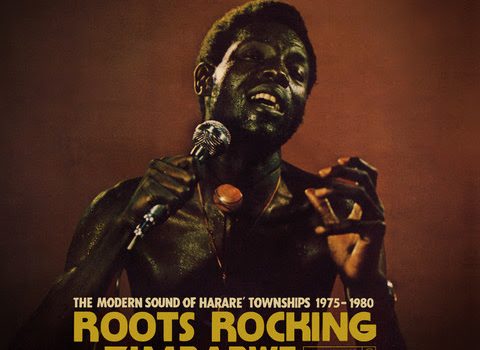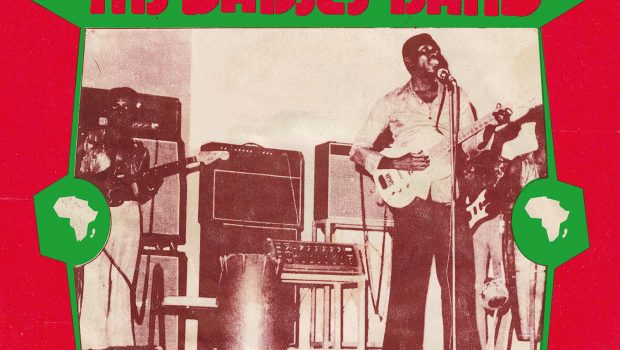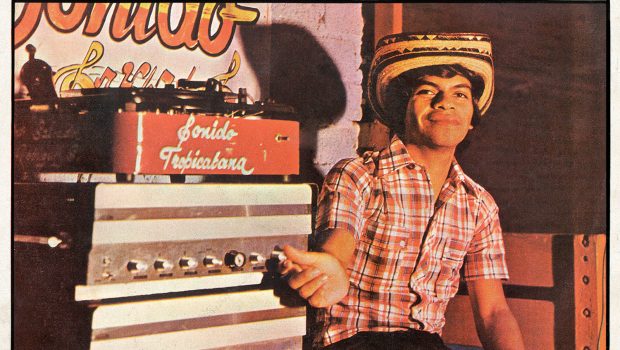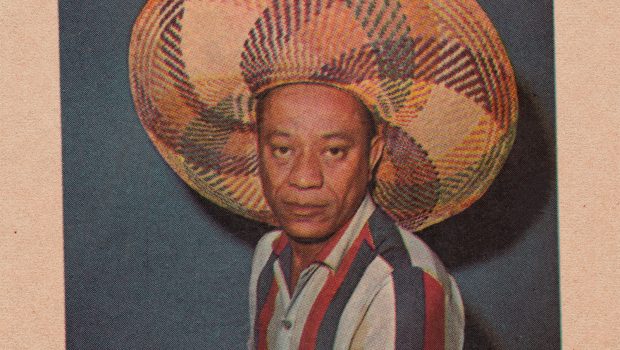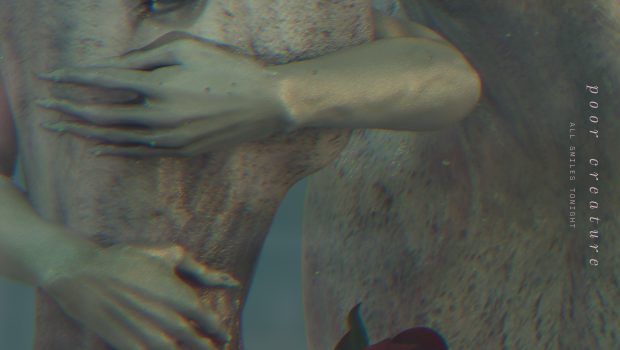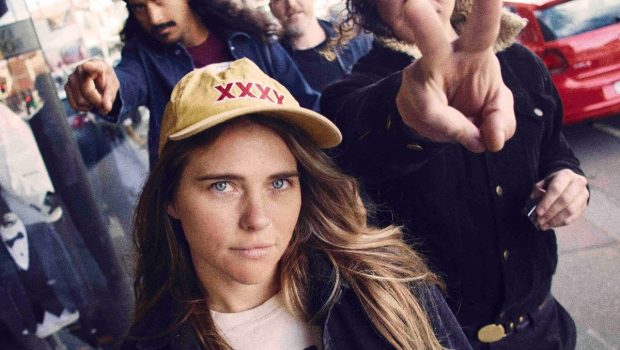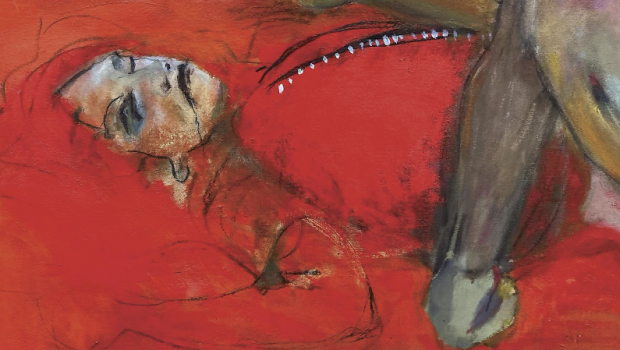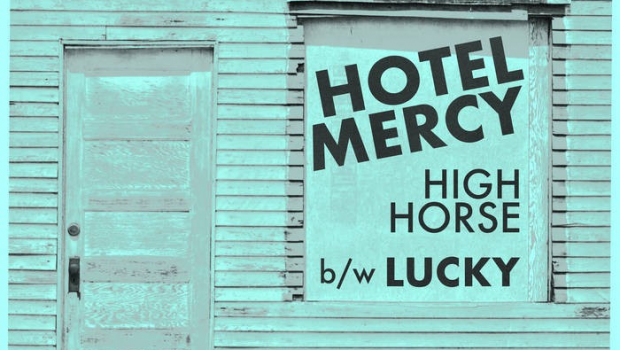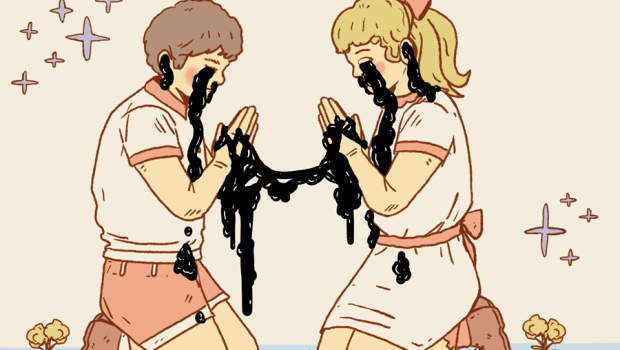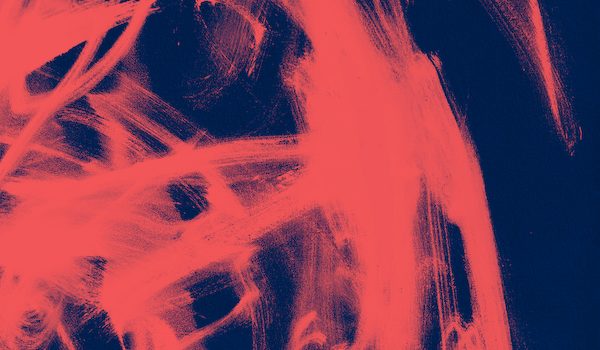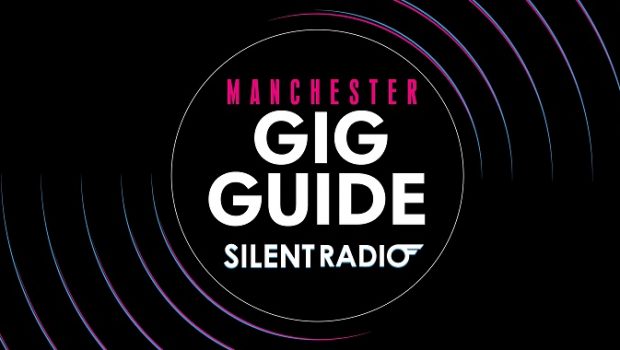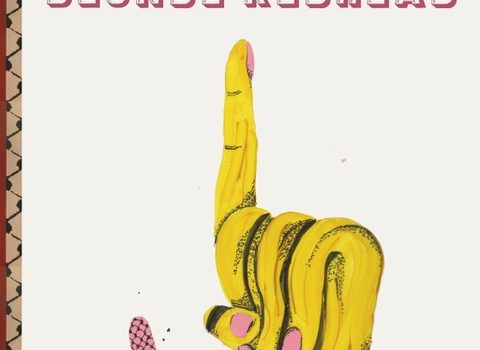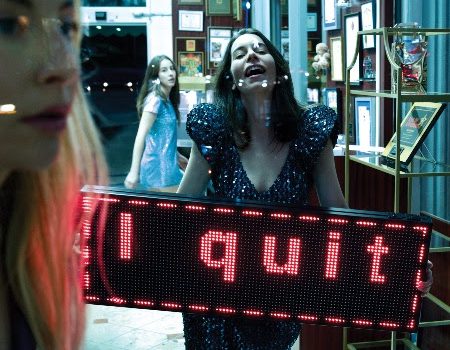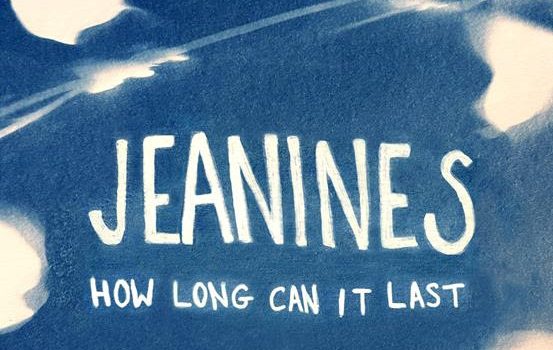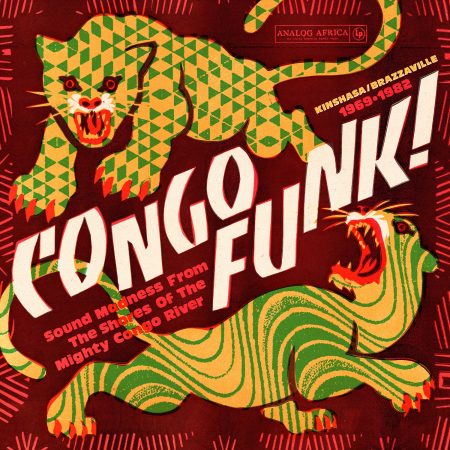 ‘Sportswashing’ may be a new term but examples can be seen well before the attempts made by Saudi Arabia and Qatar to cleanse their global reputation through engagement with top quality entertainment. In 1974, the country then named Zaire staged a World Heavyweight championship fight between Muhammad Ali and George Foreman known as the Rumble in the Jungle. The promoter, Don King, required 10 million dollars to get these boxers in the ring and one of the few people who could put up these funds was Mobutu Sese Seko, the megalomaniac president of Zaire. Mobutu, who had come to power with the assistance of the USA and Belgium in exchange for cheap access to their abundant natural resources, was a music fan and agreed to a three-day festival known as Zaire 74 being staged to hype the fight. Of the international stars who performed at this event, it was the presence of James Brown that had the most significant impact on the local music scene. He inspired a younger generation of musicians to crank up their electric guitars to blend elements of Rumba with psych and funk. It is these artists who provide the foundations to Analog Africa’s latest compilation, ‘Congo Funk!’
‘Sportswashing’ may be a new term but examples can be seen well before the attempts made by Saudi Arabia and Qatar to cleanse their global reputation through engagement with top quality entertainment. In 1974, the country then named Zaire staged a World Heavyweight championship fight between Muhammad Ali and George Foreman known as the Rumble in the Jungle. The promoter, Don King, required 10 million dollars to get these boxers in the ring and one of the few people who could put up these funds was Mobutu Sese Seko, the megalomaniac president of Zaire. Mobutu, who had come to power with the assistance of the USA and Belgium in exchange for cheap access to their abundant natural resources, was a music fan and agreed to a three-day festival known as Zaire 74 being staged to hype the fight. Of the international stars who performed at this event, it was the presence of James Brown that had the most significant impact on the local music scene. He inspired a younger generation of musicians to crank up their electric guitars to blend elements of Rumba with psych and funk. It is these artists who provide the foundations to Analog Africa’s latest compilation, ‘Congo Funk!’
The cities referenced in the album’s title lay on either side of the Congo River: Kinshasa (the capital of the Democratic Republic of Congo) to the south and Brazzaville (capital of the Congo Republic) on the north shore. Of the 14 tracks that comprise this double vinyl album which were whittled down from 2,000 songs, none surpass the opening ‘Sungu Lubuka’, recorded in 1982, by Petelo Vicka et Son Nzazi with its great surge of energy. The groove recalls both Brown and Fela Kuti, horns blazing joyfully and guitars skipping. Vocalist Vicka came to Kinshasa after fleeing Angola during the war of independence reflecting how migration helps the cross-fertilisation of musical styles. Nzazi translates as ‘lightning’ which feels appropriate to their sound. However, although this is an exhilarating start, it is an album packed with highlights. The pace is maintained by the opening horn blasts of Groupe Minyoto ya Zaire’s ‘Mfuur Ma’, some rough but intricate guitar work and unusual rhythmic sensibilities. MBT’s ‘MBT’S Sound’ has a raw horn blare accompanied by knotty guitar work, a sense of hot, sweaty nights dancing.
There are occasions where a clearer or better-balanced production would have enabled the songs to shine through (Abeti et les Redoutables’ ‘Musique Tshiluba’ and Trio Bydoli’s ‘Lalia’). In contrast, ‘Adeito’ by Tabu Ley et L’Orchestre Afrisa has adorable guitars and melodies, a burst of sunshine accompanied by the explosion of joy that the horns shout. Les Bantous De La Capitale gave their first performance in 1959 and are often considered to be Brazzaville’s first great modern band and their ‘Ngantsie Soul’, which closes album one, is an extended funk workout weighing in at over eight minutes. It has an irresistible, magnetic groove.
Album two opens with a similarly lengthy opus, ‘Nganga’ by Les Frères Soki et L’Orchestre Bella-Bella, it is distinguished by its frothy skipping guitar, horns that distort in their full throttle assault and nifty percussion that enhances the overwhelming desire to dance. Orchestre Celi Bitshou’s ‘Tembe Na Tembe Ya Nini’, a song about rivalry related to business or women, features Francis Celi Bitshou, one of Congolese Rumba’s leading bass players. It leads off with a relaxed melodic vocal groove before launching into some gloriously intricate guitar work. While ‘Lolo Soulfire’ by Lolo et L’Orchestre O.K. Jazz is one of only two tracks recorded (in 1971) prior to the Zaire 74 festival, it is a funk monster with drums to the fore in the mix and has Brown-like yelps.
One of the album’s treats is how it is programmed to emphasise stylistic variations. ‘Lolo Soulfire’ is followed by ‘Femme Ne Pleure Pas’ by Zaiko Langa Langa. They are pioneers of the cavacha beat which grew out of the Sebene technique, the part where the arrangement is reaching a climax with guitar completing a melody loop which the words cannot express. In effect, a Rumba song’s first part emphasises the lyrics before moving onto a Sebene which is all about dance inspired by traditional music. This particular tune is a sad song about a dying gentleman telling his wife not to grieve because other men will replace him. Once it launches into the dance section, the guitar playing is inspired.
‘Kiwita Kumunani’ by Orchestre O.K. Jazz is the earliest recording on the album, dating back to 1969 and has an energetic funk backbeat. The album concludes with ‘Ah! Congo’ by Orchestre National Du Congo, a combo formed by Freddy Kebano, who was fascinated by technology and an early exponent of the Moog, and Bikouta Bixs, a multi-instrumentalist (saxophone, xylophone, bass and vibraphone) who had performed alongside Manu Dibango in France. It is a suitably vibrant, swinging conclusion to a thrilling compilation.
Various: Congo Funk! Sound Madness From The Shores of The Mighty Congo River (Kinshasa/Brazzaville 1969-1982) – Out 5th April 2024 (Analog Africa)
